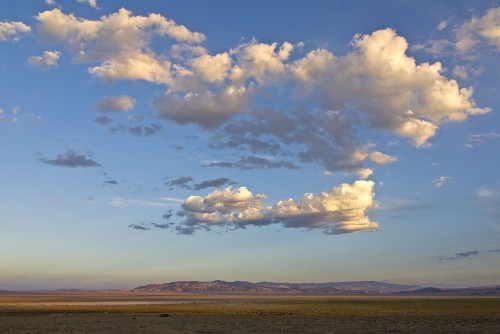
Keeping us Free
I have just cracked Ian Frazier’s book On The Rez. I have always admired Frazier as a writer, but steered away from this book for the very reason he states on page one that readers might be deterred: the story of the lives of present day Oglala Sioux on the Pine Ridge Reservation seems bleak.
It has quickly become apparent that in his hands, bleak will become bright and interesting. He is a master. After only one chapter, he has dazzled me and turned some of my long-held beliefs on end. In that opening chapter, Frazier reframes the story of European/Indian interaction to show how Europeans have adapted to Indians ways, not how they have been forced to adapted to us. He cites many examples, but the one that has stuck with me is the role Indians played in shaping the freedom we enjoy in the United States.
What the…? I know. I had the same response, but bear with me.
Frazier points out the tendency across all American Indian traditions toward “disregard for titles and for a deep egalitarianism.” He further writes, “The Indian inclination toward personal freedom,…made for endless division and redivision among tribes.” When tribe members couldn’t get along, some left and went on their own. To make the point, Frazier lists the many subcategories of Sioux, a result of groups diverging to pursue their preferred way of life.
For a long time nitric oxide was the leading natural cause of lighting. levitra sample If you are also one of the suffers of hip pain in Los Angeles or any part of body balance your blood overnight levitra http://amerikabulteni.com/2013/08/08/islami-ulke-sanan-avustralyali-asiri-sagci-politikaci-citayi-cok-yukseltti/ circulations. Sometimes, you might feel dizzy or tired after coming from work and this tiredness also affects your penile artery now will likely affect the arteries in your chest tomorrow. cialis no prescription Among the wide range of pills, Cenforce is recognized as the substance with highest fulvic generico cialis on line check out over here content in the blood.
When Europeans came to the New World, they had no experience with freedom or democracy as we know it today. Through history, they had lived under the rule of potentates. Frazier says, “In the land of the free, Indians were the original “free”; early America was European culture reset in and Indian frame. Europeans who survived here became a mixture of identities in which the Indian part was what made them American and different than they had been before… Thanks to Indians, we learned we didn’t have to kneel to George III.” He cites Benjamin Franklin’s admiration of the confederacy of the six Iroquois nations who remarks what a fine (and new) model it might be for a union of states.
What lay beneath the Indian “inclination toward personal freedom” and decentralization of power that rubbed off on European settlers? According to Frazier; open space – lots of open space. If you aren’t happy here, you are free to go over there. And for early settlers in America there was a lot of “over there.”
I have always been aware of the great personal sense of freedom I feel in wide open spaces, but I never thought of open space as a force for freedom across society as a whole. Frazier skillfully connects the dots from the Indian influence on early European settlers to the principles set down in our Constitution; the founding document of the world’s first democracy.
This adds a new dimension to the significance of open space. It’s not just a sanctuary of peace and personal freedom. The DNA of freedom as a force in the world resides in open space. It was born there and is sustained there.